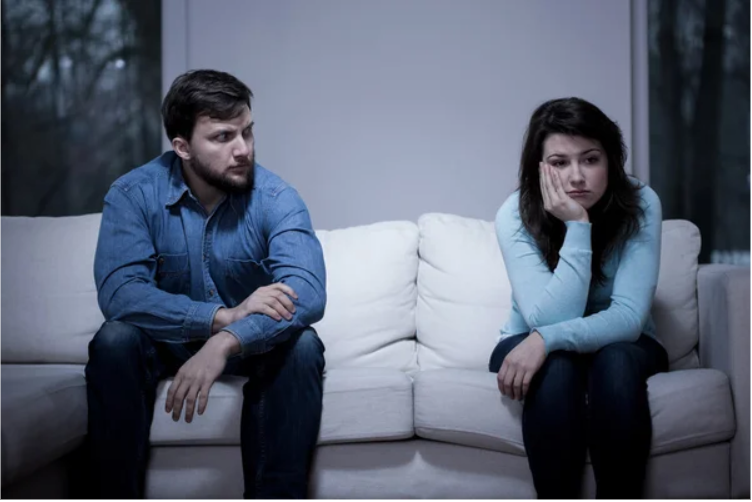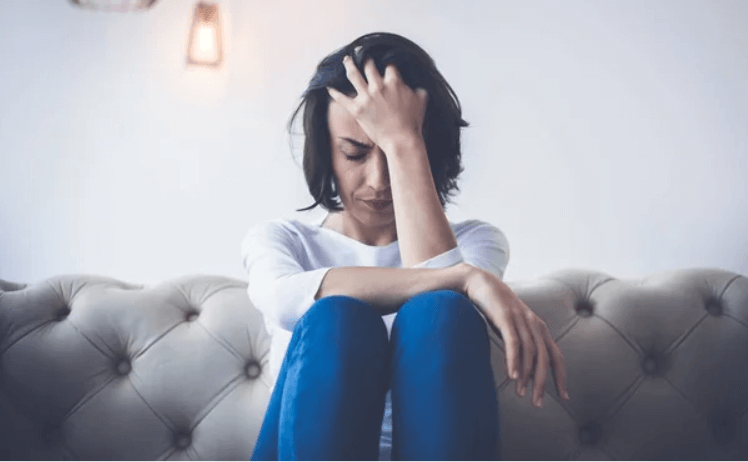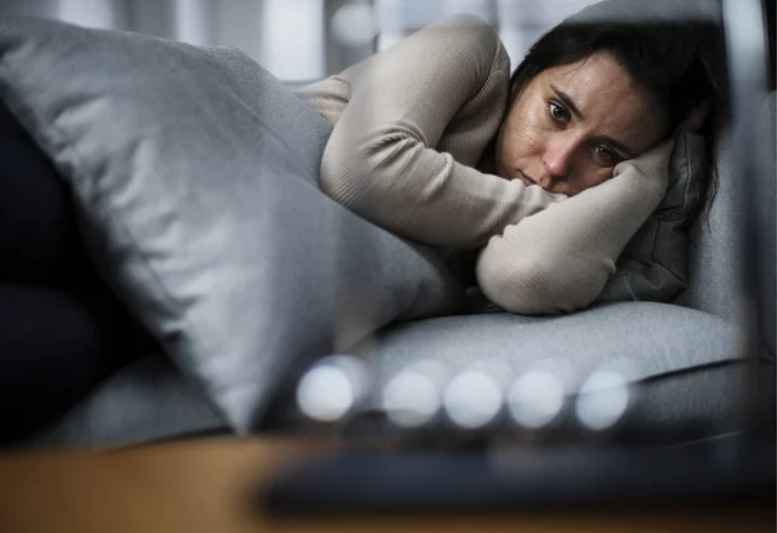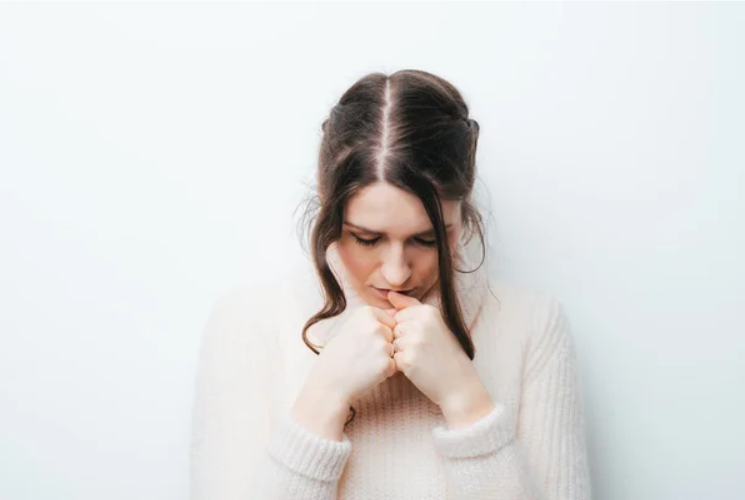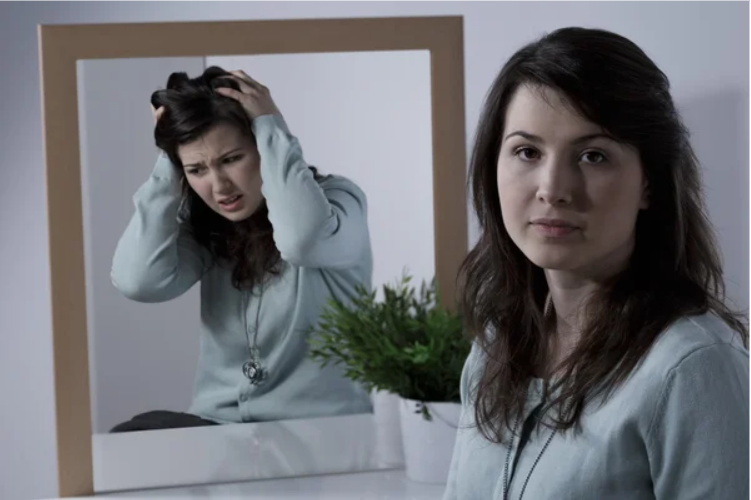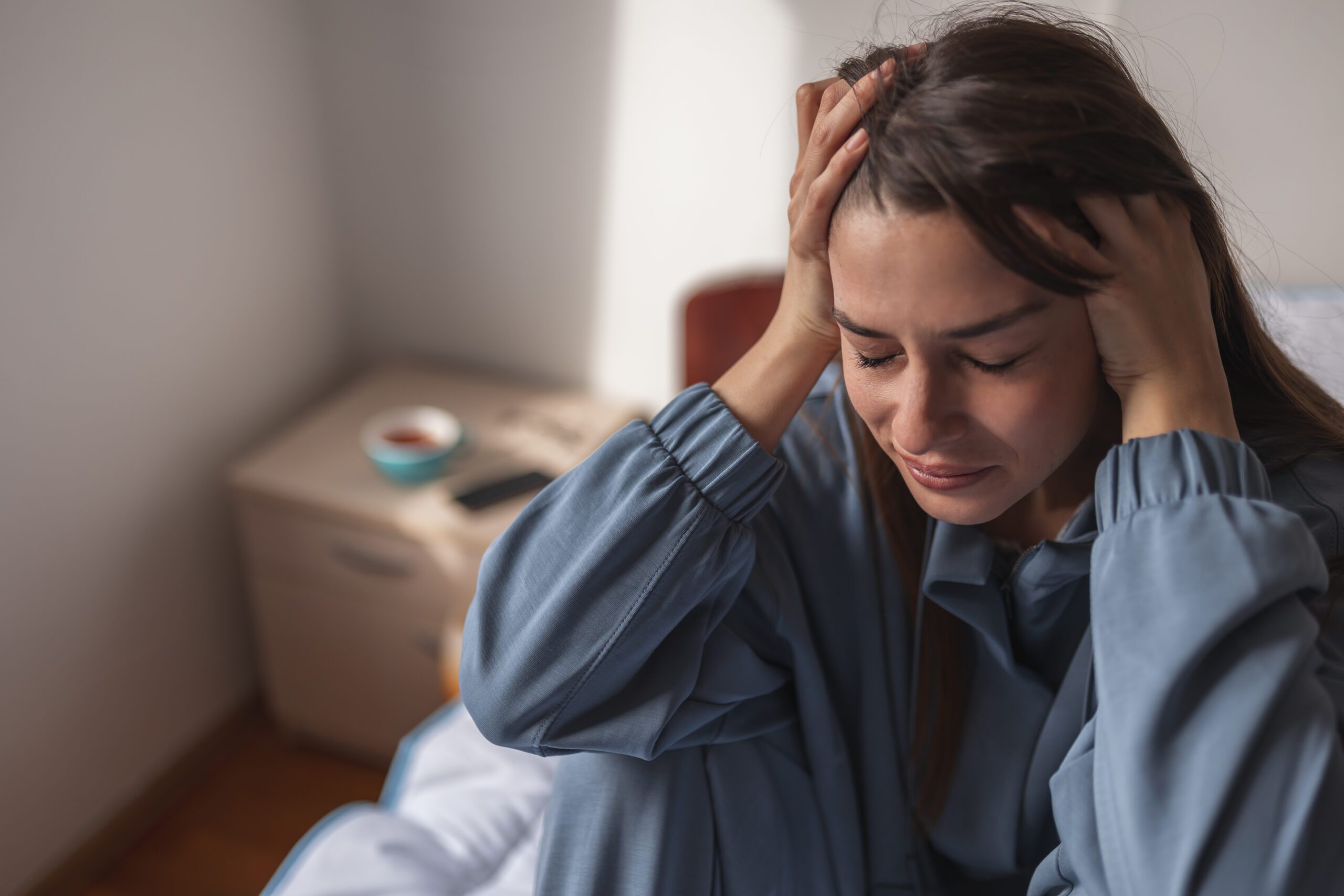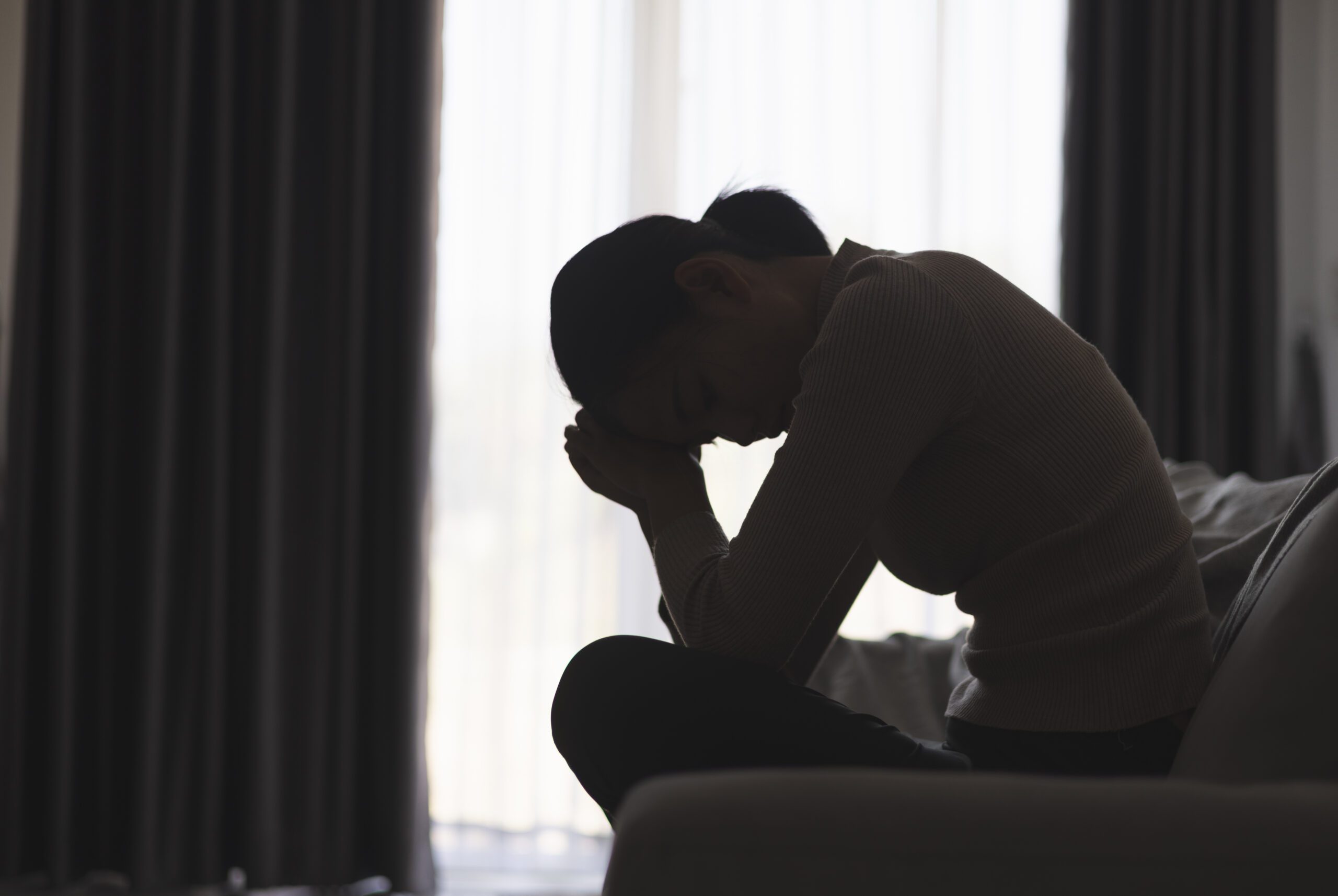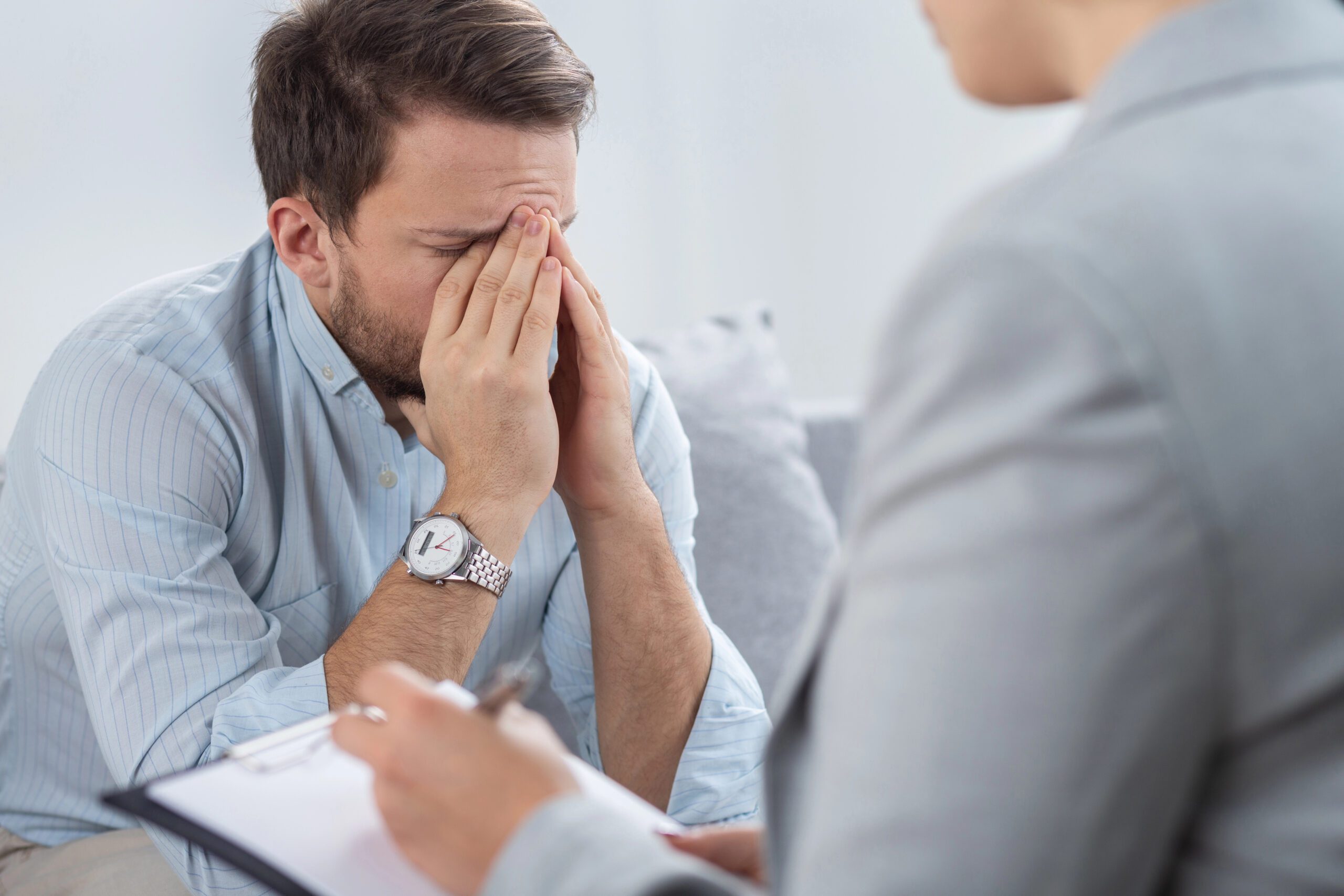Anxiety Disorders Types
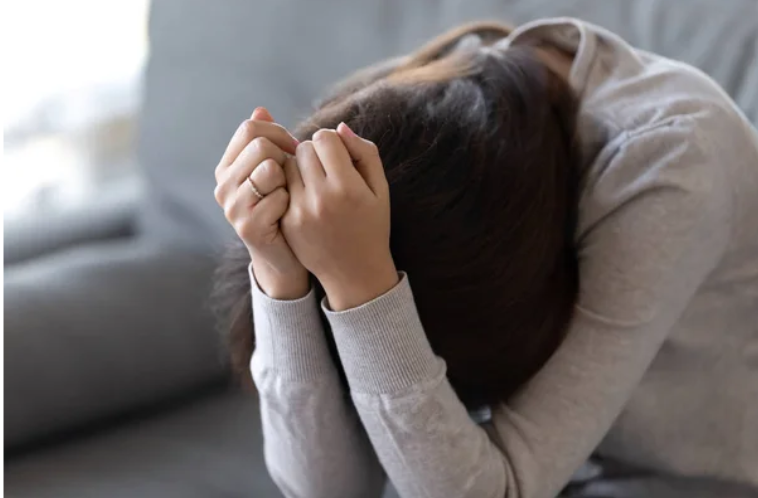
Anxiety is a natural response to stress, but when it becomes excessive and persistent, it can interfere with daily life and lead to an anxiety disorder. Anxiety disorders are the most common mental health conditions, affecting millions of people worldwide. In this comprehensive guide, we’ll explore the six main types of anxiety disorders, their symptoms, and effective coping strategies to help you or a loved one manage anxiety and improve overall well-being with a focus on the Center of Recovery.
Understanding Anxiety Disorders
Before we dive into the specific types of anxiety disorders, it’s essential to understand what anxiety disorders are and how they differ from everyday stress and worry.
What Are Anxiety Disorders?
Anxiety disorders are mental health conditions characterized by persistent and excessive fear, worry, or anxiety that interfere with daily activities. These disorders can manifest in various forms, each with its own unique symptoms and triggers.
Prevalence of Anxiety Disorders
Anxiety disorders are prevalent across the globe. According to the World Health Organization (WHO), an estimated 264 million people worldwide suffer from an anxiety disorder. In the United States, approximately 40 million adults, or 18.1% of the population, are affected by anxiety disorders each year.
Symptoms of Anxiety Disorders
While symptoms can vary depending on the specific disorder, common signs of anxiety disorders include:
- Excessive worry or fear
- Restlessness or feeling on edge
- Fatigue
- Difficulty concentrating
- Irritability
- Muscle tension
- Sleep disturbances
- Physical symptoms, such as rapid heartbeat, sweating, or trembling
The 6 Main Types of Anxiety Disorders

Now that we have a basic understanding of anxiety disorders, let’s explore the six main types of anxiety disorders in more detail.
1. Generalized Anxiety Disorder (GAD)
Generalized Anxiety Disorder (GAD) is characterized by excessive, uncontrollable worry about everyday things, such as work, school, health, or finances. People with GAD may experience symptoms such as:
- Persistent worry that is difficult to control
- Restlessness or feeling on edge
- Fatigue
- Difficulty concentrating
- Irritability
- Muscle tension
- Sleep disturbances
Coping with GAD
If you’re struggling with GAD, there are several strategies you can try to manage your symptoms:
- Practice relaxation techniques, such as deep breathing, progressive muscle relaxation, or mindfulness meditation
- Engage in regular physical exercise, which can help reduce stress and improve mood
- Challenge negative thoughts and replace them with more balanced, realistic ones
- Seek support from friends, family, or a mental health professional
- Consider therapy, such as cognitive-behavioral therapy (CBT), which can help you identify and change negative thought patterns and behaviors
2. Panic Disorder
Panic disorder is another one of the different types of anxiety disorders. It is characterized by sudden, intense episodes of fear or discomfort that reach a peak within minutes, known as panic attacks. These attacks can be triggered by specific situations or occur unexpectedly. Symptoms may include:
- Rapid heartbeat
- Sweating
- Trembling or shaking
- Shortness of breath or feelings of choking
- Chest pain or discomfort
- Nausea or abdominal distress
- Dizziness or lightheadedness
- Fear of losing control, going crazy, or dying
Managing Panic Attacks
If you experience panic attacks, try these strategies to cope:
- Remind yourself that panic attacks are temporary and will pass, even though they can feel frightening in the moment
- Focus on slow, deep breathing to help calm your body’s physical response to anxiety
- Practice grounding techniques, such as focusing on your senses (e.g., noticing five things you can see, four things you can touch, three things you can hear, two things you can smell, and one thing you can taste) or counting backward from 100 by 7s
- Seek professional help to develop a personalized treatment plan, which may include therapy, medication, or a combination of both
3. Social Anxiety Disorder

Social Anxiety Disorder, also known as social phobia, is characterized by intense fear or anxiety about social situations, often driven by worries about being judged, embarrassed, or rejected by others. Symptoms may include:
- Avoidance of social situations or events
- Intense self-consciousness or fear of humiliation in social settings
- Blushing, sweating, or trembling in social situations
- Difficulty making eye contact or speaking in public
- Fear of being watched or scrutinized by others
Overcoming Social Anxiety
If social anxiety is impacting your life, consider these strategies:
- Gradually expose yourself to feared social situations, starting with less threatening scenarios and working your way up to more challenging ones
- Practice relaxation techniques, such as deep breathing or progressive muscle relaxation, before and during social encounters
- Challenge negative thoughts about social interactions and replace them with more realistic, positive ones
- Join a support group or seek therapy, such as cognitive-behavioral therapy (CBT) or exposure therapy, to develop coping skills and build confidence in social situations
- Consider medication, such as antidepressants or anti-anxiety medications, which can help alleviate symptoms of social anxiety
4. Specific Phobias
Specific phobias are intense, irrational fears of specific objects or situations that pose little or no actual danger. They are one of the different types of anxiety disorders. Common phobias include fear of heights (acrophobia), animals (zoophobia), needles (trypanophobia), or flying (aerophobia). Symptoms may include:
- Intense fear or anxiety when exposed to the phobic object or situation
- Avoidance of the feared object or situation
- Physical symptoms such as sweating, trembling, or rapid heartbeat when confronted with the phobic stimulus
- Recognition that the fear is excessive or unreasonable, but feeling unable to control it
Facing Your Fears
If you have a specific phobia, these strategies may help:
- Gradually expose yourself to the feared object or situation in a safe, controlled environment, a process known as systematic desensitization
- Practice relaxation techniques, such as deep breathing or visualization, to help manage anxiety symptoms during exposure
- Challenge irrational thoughts and beliefs about the phobic stimulus and replace them with more realistic, balanced ones
- Consider seeking professional help for severe or debilitating phobias, as a therapist can guide you through exposure therapy and provide support throughout the process
5. Obsessive-Compulsive Disorder (OCD)
Obsessive-Compulsive Disorder (OCD) is one of the types of anxiety disorders characterized by unwanted, intrusive thoughts (obsessions) and repetitive behaviors or mental acts (compulsions) that a person feels compelled to perform to alleviate anxiety or prevent a dreaded event. Common obsessions may include:
- Fear of contamination or germs
- Need for symmetry, order, or exactness
- Disturbing thoughts about harm, violence, or aggression
- Unwanted sexual thoughts or images
Compulsions may include:
- Excessive cleaning, handwashing, or showering
- Arranging objects in a specific order or pattern
- Repeatedly checking locks, appliances, or other items to ensure safety
- Counting, tapping, or repeating certain words or phrases
- Seeking reassurance from others
Managing OCD Symptoms
If you’re struggling with OCD, try these strategies:
- Expose yourself to feared situations or thoughts without engaging in compulsions, a process known as exposure and response prevention (ERP)
- Practice mindfulness and acceptance of intrusive thoughts, recognizing that they are not a reflection of your character or desires
- Engage in regular exercise and stress-reducing activities, such as yoga or meditation
- Seek professional help, such as cognitive-behavioral therapy (CBT) or medication, to develop a personalized treatment plan and learn effective coping strategies
6. Post-Traumatic Stress Disorder (PTSD)
Post-Traumatic Stress Disorder (PTSD) is one of the anxiety disorder types that can develop after experiencing or witnessing a traumatic event, such as a natural disaster, assault, abuse, or military combat. Symptoms may include:
- Intrusive memories, flashbacks, or nightmares related to the traumatic event
- Avoidance of people, places, or situations that remind you of the trauma
- Negative changes in thoughts and mood, such as feelings of detachment, guilt, or shame
- Hyperarousal and reactivity, including irritability, difficulty sleeping, or being easily startled
Coping with PTSD
If you’re experiencing PTSD, these strategies may help:
- Practice relaxation techniques, such as deep breathing, progressive muscle relaxation, or yoga, to help manage stress and anxiety
- Engage in regular exercise and self-care activities, such as spending time outdoors, pursuing hobbies, or connecting with loved ones
- Seek support from friends, family, or a support group of others who have experienced similar traumas
- Consider trauma-focused therapy, such as cognitive processing therapy (CPT) or prolonged exposure therapy (PE), which can help you process the traumatic event and develop coping skills
- Consult with a mental health professional about medication options, such as antidepressants or anti-anxiety medications, which can help alleviate symptoms of PTSD



